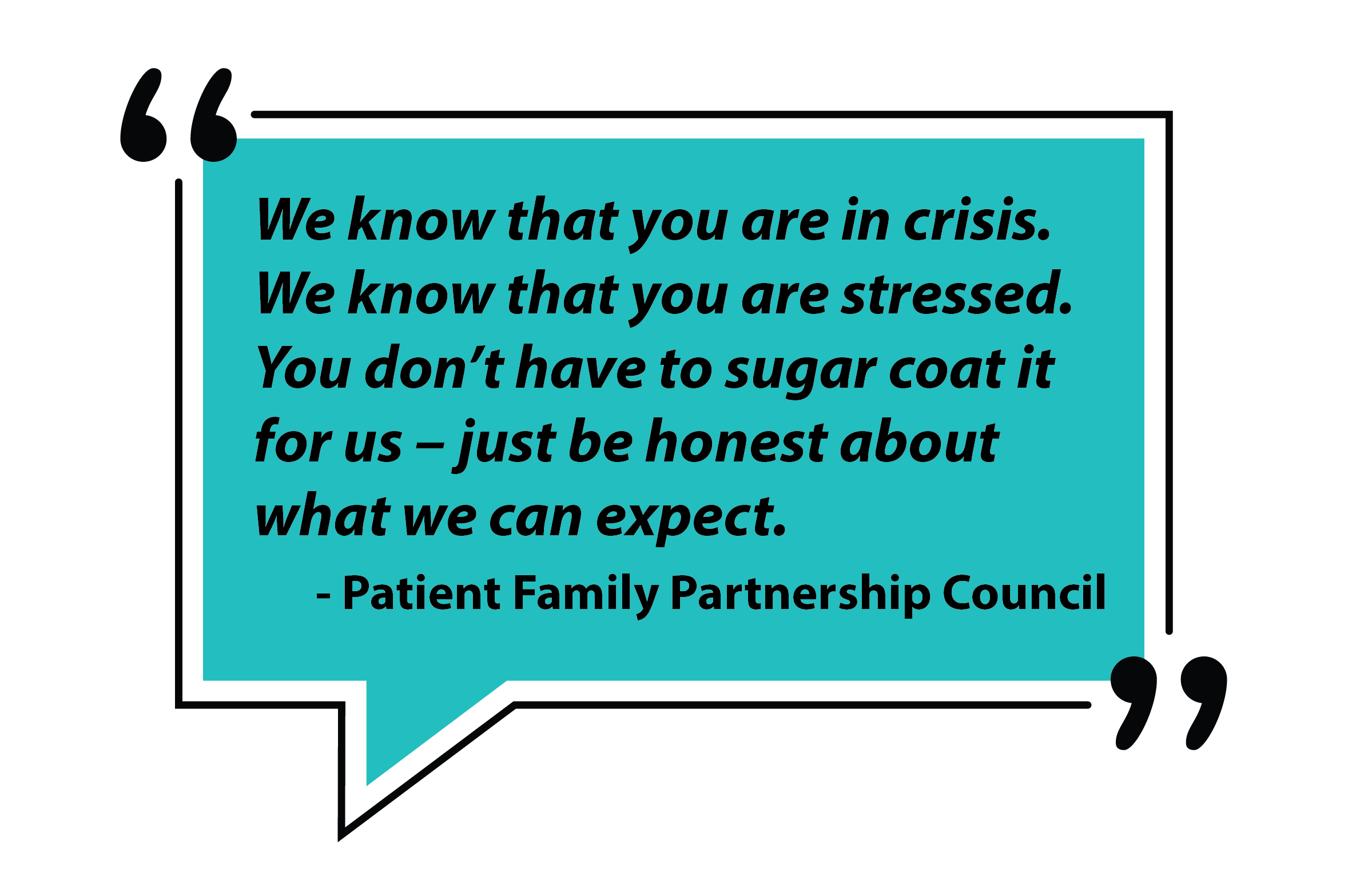After years of steady improvement in hospital-acquired conditions, the COVID-19 pandemic brought hospitalization surges, staffing shortages, and family visitation limits that worsened patient outcomes. Convergence, a Centers for Medicare & Medicaid Services (CMS) Hospital Quality Improvement Contractor (HQIC), set out to better understand what contributed to the rise in hospital-associated harm at the beginning of the pandemic and how such harms could be prevented in the future.
Focus Groups with Clinicians About COVID-19 Pandemic Effects on Care
Convergence held focus groups with frontline staff members, physicians, infection preventionists, nursing leaders and other clinicians in dozens of hospitals. These focus groups covered questions about the clinical and structural reasons harms increased and gathered information about promising practices to prevent patient harm during the ongoing pandemic and staffing crisis. Convergence learned about processes that changed so hospitals could care for surges of critically ill patients. These included early workarounds to deal with lack of information, personal protective equipment (PPE), and staff shortages that may have inadvertently led to increases in hospital-acquired conditions such as central line associated bloodstream infections (CLABSI) and delayed identification of sepsis.
Clinicians Share Lessons Learned in Harm Reduction
Convergence noted that once hospitals had a better understanding of the risks associated with some workarounds, they were able to share practical and tactical advice that was put in place to prevent future harm. The advice was simple, and that is what made it so effective, “get back to basics.” Actions included optimal site selection for central lines, standardizing the response to suspected sepsis and standardized skin assessments. The Convergence team received real, practical advice from and for peer hospitals on the prevention of harm for all HQIC patient safety topic areas during its focus group sessions. This led to the creation of the “Winter is Coming” guide, described below.
The Patient and Family Partnership Council Provides Their Perspective
The Convergence HQIC team knows that for quality improvement initiatives to be successful, engagement with patients and families is essential. To operationalize this core belief, they developed a Patient and Family Partnership Council (PFPC) that is representative of partner hospitals. Convergence routinely vets any new quality improvement tools and resources through its PFPC. Convergence engaged PFPC members in discussion about activities and strategies patients and families know need to be in place to prevent harm. Suggestions included specifically asking patients about concerns, empowering and encouraging people to speak up and providing accurate, realistic information even when hospitals are overwhelmed, and staff time is short.

Convergence, Hospital Caregivers and PFPC Collaborate on Safety Resource
The culmination of the collaborative process between the Convergence HQIC team, its hospitals, and its PFPC is a guide called, “Winter is Coming.” Using a tongue-in-cheek approach, the guide provides simple, practical, and manageable guardrails for safety, and includes additional “layers of protection” for each patient. The final “layer,” patient and family engagement, is depicted as an entire structure over the patient and her family member with verbatim advice from patients and families. This simple resource is much more effective after leveraging a partnership with both frontline staff members, as well as patients and families, to co-create improvement.
This material was prepared by The Bizzell Group (Bizzell), the Data Validation and Administrative (DVA) contractor, under contract with the Centers for Medicare & Medicaid Services (CMS), an agency of the U.S. Department of Health and Human Services (HHS). Views expressed in this material do not necessarily reflect the official views or policy of CMS or HHS, and any reference to a specific product or entity herein does not constitute endorsement of that product or entity by CMS or HHS. 12SOW/Bizzell/DVA-1148-07/18/2023

